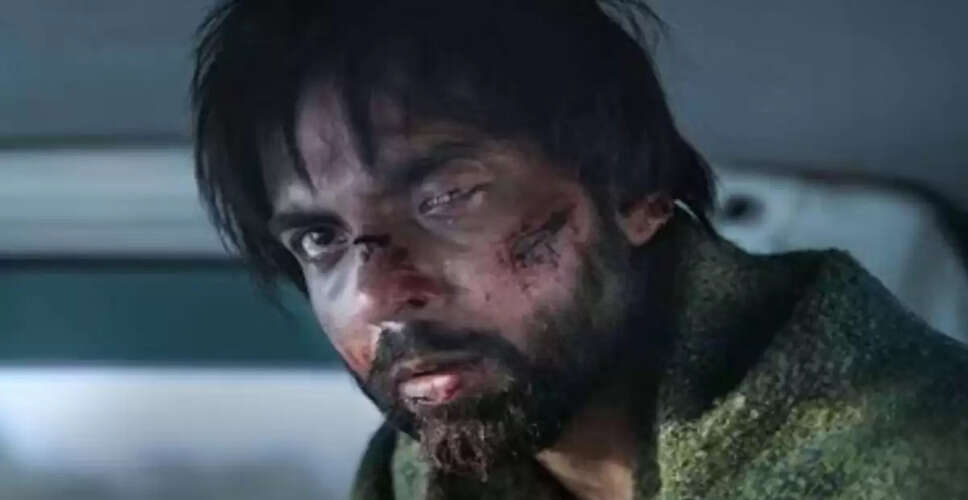Karan Tejpal Discusses His Debut Film 'Stolen' and Its Impact

Inspiration Behind 'Stolen'
The concept for 'Stolen' originated from a disturbing video depicting the 2018 lynching incident in Karbi Anglong, Assam. This harrowing experience left me with a profound sense of fear and unease, compelling me to express those emotions through writing. The narrative of the Bansal brothers emerged from this moment, highlighting the tragic fate of two young men who were wrongfully accused of child abduction, driven by panic and misinformation spread through social media.
Researching Mob Lynching
While delving into the phenomenon known as 'WhatsApp lynchings,' I uncovered a deeper social crisis. It revealed a stark contrast between the fear of marginalized communities striving to protect their children and the heart-wrenching sorrow of parents who lose their children to such violence. This cycle of mistrust and desperation is a reflection of systemic failures, encompassing issues like child trafficking and vigilante justice.
Themes of Privilege and Conscience
'Stolen' fundamentally explores the journey of a man who is forced to confront a harsh reality outside his privileged existence. The film serves as a reflection of a fractured society, questioning the dynamics between the empowered and the disempowered. It is not merely a retelling of a specific incident but rather an emotional truth that examines how fear spreads and empathy diminishes.
Casting Choices
The casting process prioritized the talent of each actor, resulting in a powerful ensemble. With only five main characters, each role was significant, and Abhishek Banerjee's involvement was a natural choice due to his exceptional skills. His chemistry with co-star Shubham Vardhan, whom he recommended, added depth to the portrayal of the Bansal brothers.
Filming Techniques
The chase scenes in the village were meticulously planned to create an immersive experience for the audience. Contrary to the guerrilla filmmaking style, we aimed for a polished yet realistic portrayal, thanks to our dedicated crew. The emotional intensity of certain scenes, particularly Abhishek's portrayal of mob lynching, was palpable, blurring the lines between acting and reality.
Reflections on Indie Cinema
Despite the challenges faced during the film's release, I believe the future of indie cinema is promising. Recent years have seen Indian films gaining recognition at major festivals, showcasing a wave of diverse storytelling. The success of films like 'All We Imagine As Light' at Cannes signifies a bright horizon for Indian cinema.
Upcoming Projects
Currently, I am engaged in two significant projects as a screenwriter, including a feature film for Mira Nair and the second season of 'Dahaad' for Amazon Prime Video. Additionally, I am developing two personal feature films, 'Nisaar' and 'Ummeed,' which explore different genres and themes.
